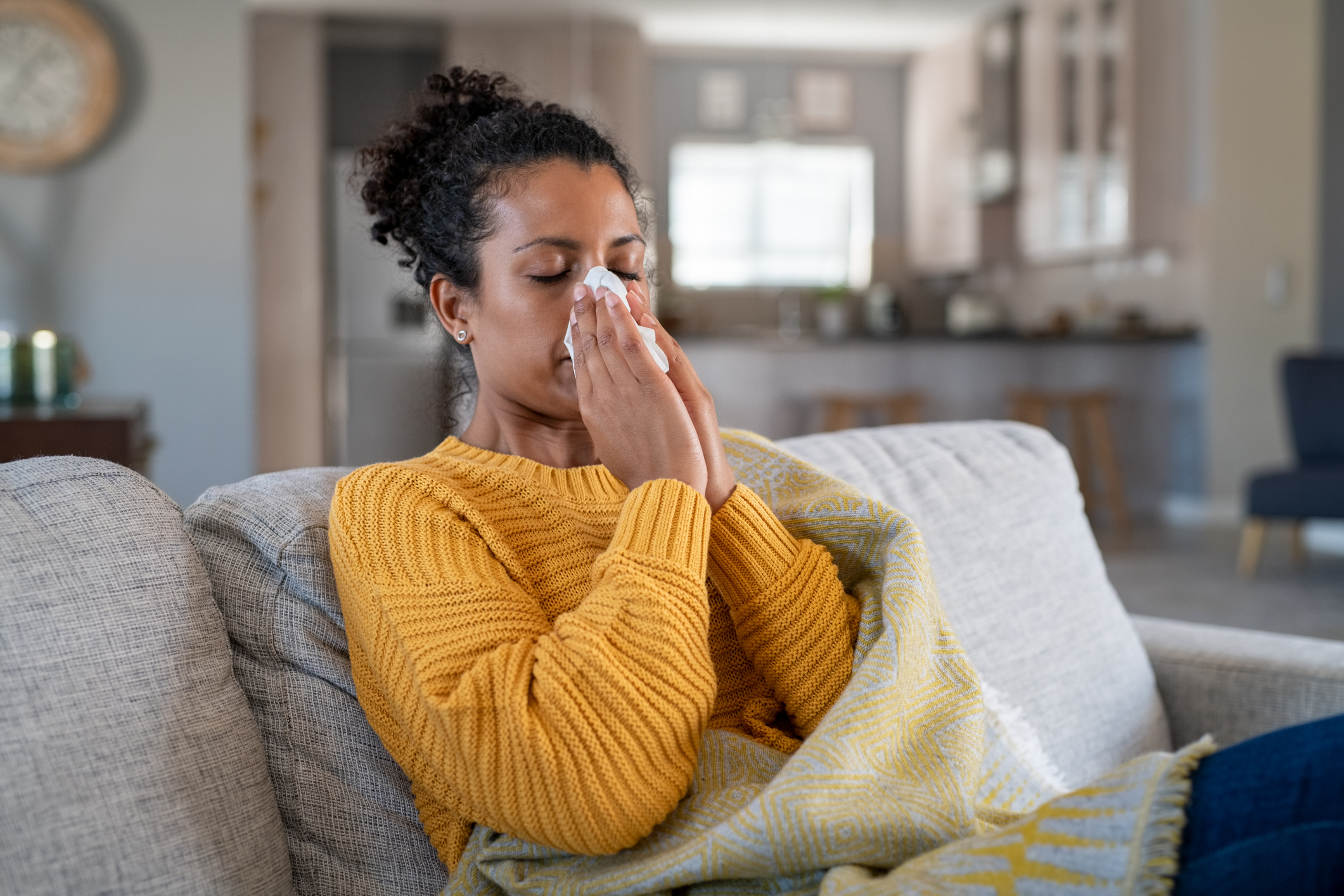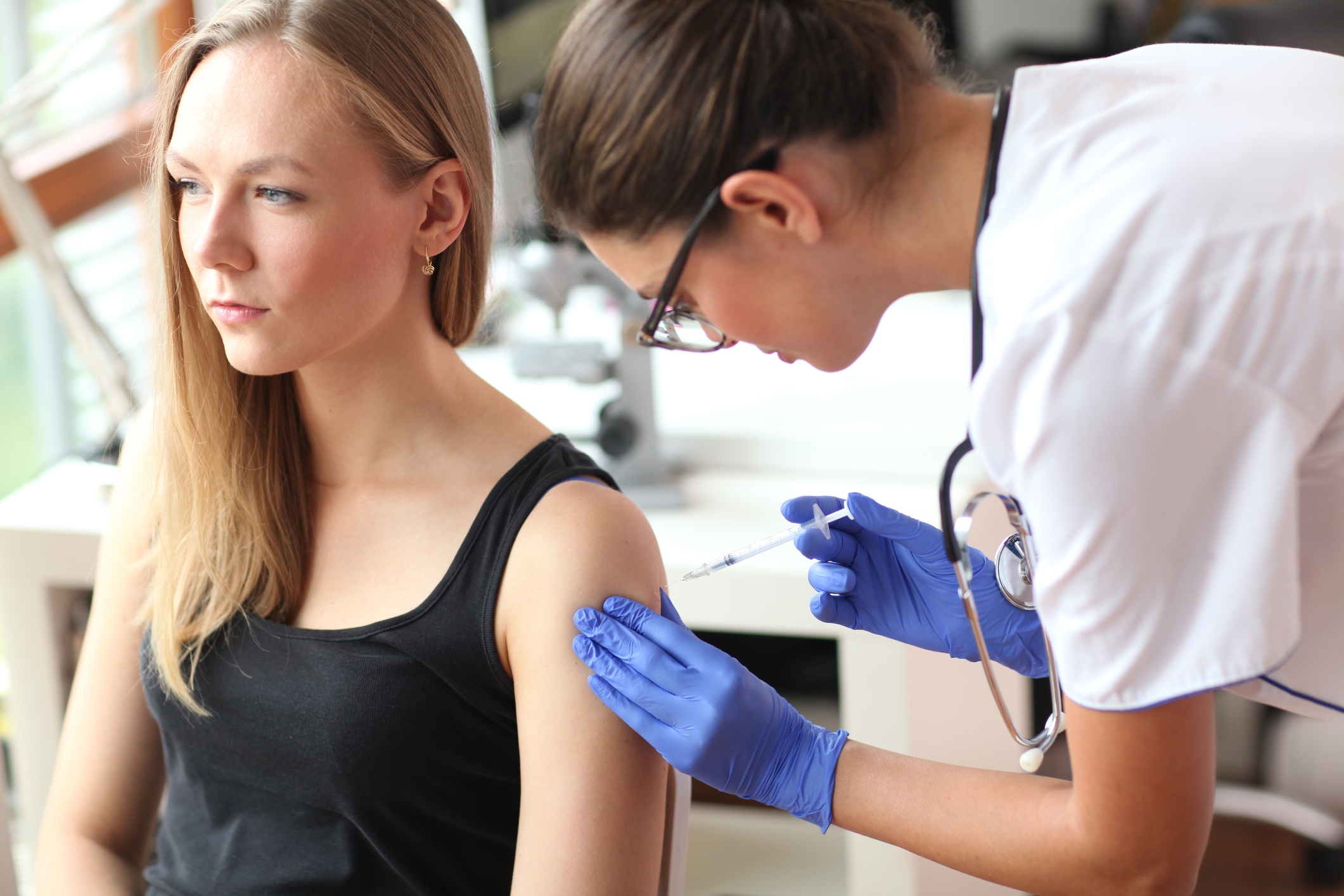SERVICES
We Offer
Evaluations We Offer
- Allergic Rhinitis
- Anaphylaxis
- Angioedema (swelling)
- Asthma
- Chronic Cough
- Chronic Rhinitis
- Contact rash/allergy
- Drug allergies, including antibiotic allergies
- Environmental/seasonal allergies
- Eczema
- Food allergy
- Headache
- Hives
- Recurrent respiratory infections
- Stinging insect allergy (ex: bee sting)
- Vaccine allergy

Tests We Perform
- Exhaled nitric oxide
- Spirometry
- Skin testing
- Food challenges
- Patch testing for contact allergies
- Drug challenges to rule out antibiotic allergies and other medication*
- Vaccine testing *
- Venom testing*

*Penicillin, drug, vaccine and venom testing are all done at least 6 weeks after the initial reaction
Treatments We Offer
Subcutaneous immunotherapy (SCIT) for all environmental/seasonal allergies
Allergy Drops
Biologic Therapy
- Asthma
- Eczema/Atopic Dermatitis
- Chronic urticaria (hives)
- Chronic Rhinosinusitis with Nasal Polyps
- EGPA ( Eosinophilic Granulomatous with Polyangiitis – formerly Churg Strauss syndrome)
- Food Allergies
Allergy Shots
Why allergy shots?
-
- Optimal allergy treatment, particularly for patients with multiple environmental allergies. For most of patients, completion of allergy shot treatment course removes the need for daily medications.
- Used for both environmental allergies (pollens, animal dander, dust mite, and mold) and stinging insect allergies
- Significantly reduces nasal, eye, and respiratory symptoms
How does it work?
-
- The injection is a small dose of the allergens that cause your symptoms
- Desensitizes the patient so the body will tolerate the allergens that trigger symptoms
How is it done?
-
- Patients start off with one injection per week. Over 6 to 8 months, increase intervals until the monthly maintenance dose is achieved
- Allergy shots must be administered in the clinic for patient safety to ensure that adverse reactions can be promptly treated
When will I feel better?
-
- Many patients notice improvements after 6 months, though some patients may take longer
How long do I have to get shots?
-
- The average course of treatment is 3-5 years.
- The average course of treatment is 3-5 years.
What to expect for each allergy shot visit
-
- You must stay at the clinic for 30 minutes after your injection so we can monitor you for any symptoms of an allergic reaction
- Common side effects vary from local redness, itching, and swelling; throat itching; congestion; sneezing; hives; wheezing
- Possible side effect: anaphylaxis
- We will treat your symptoms as necessary if they occur
- Treatment of side effects can range from administering antihistamines, breathing treatments, and sometimes use of an EpiPen (in rare situations)
- Certain medications may interfere with allergy shot treatment. These include beta-blockers (e.g. Metoprolol) and ACE inhibitors (e.g. Lisinopril). If you are taking these medications, please inform our providers so we can adjust your treatment accordingly

